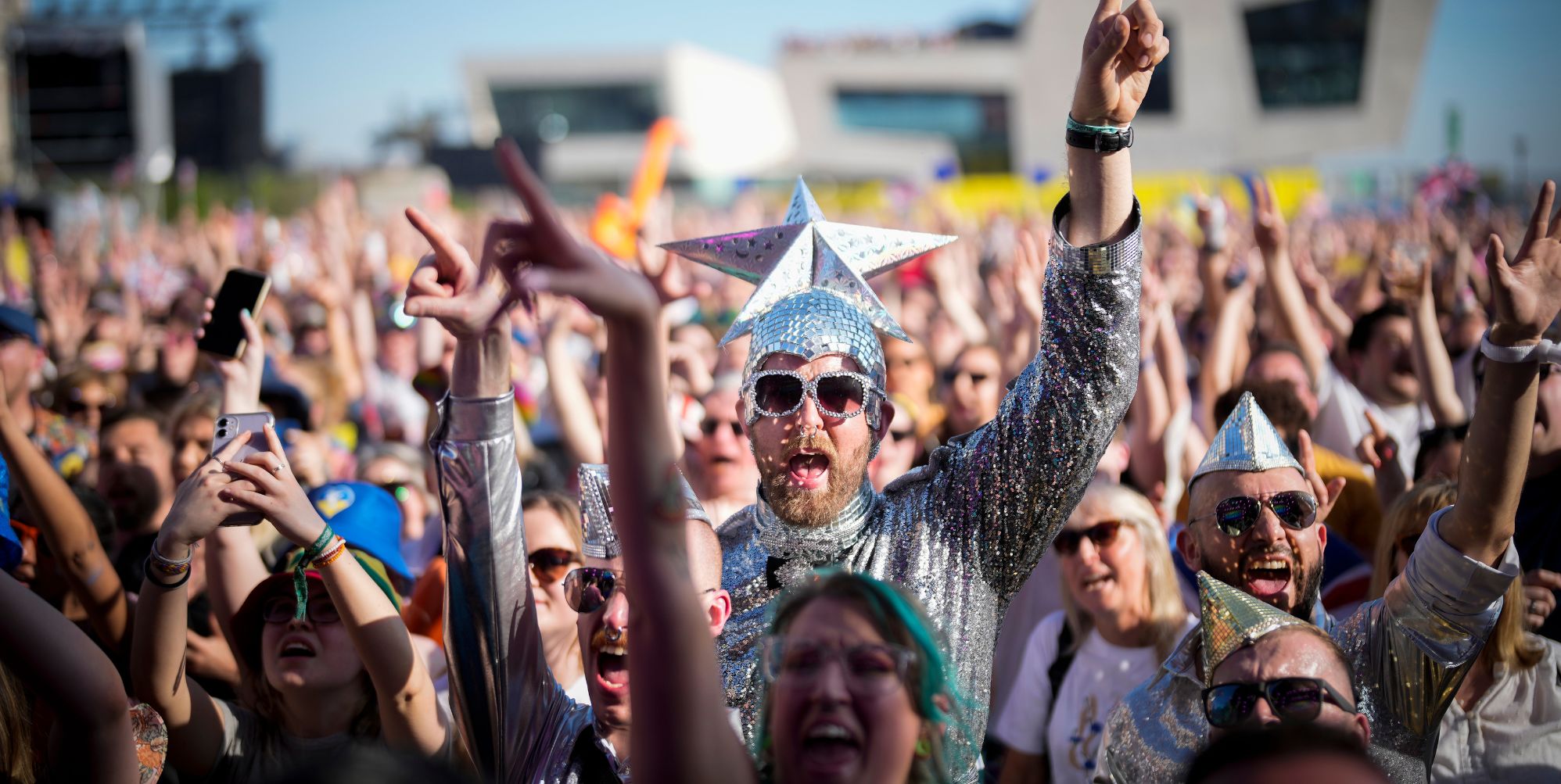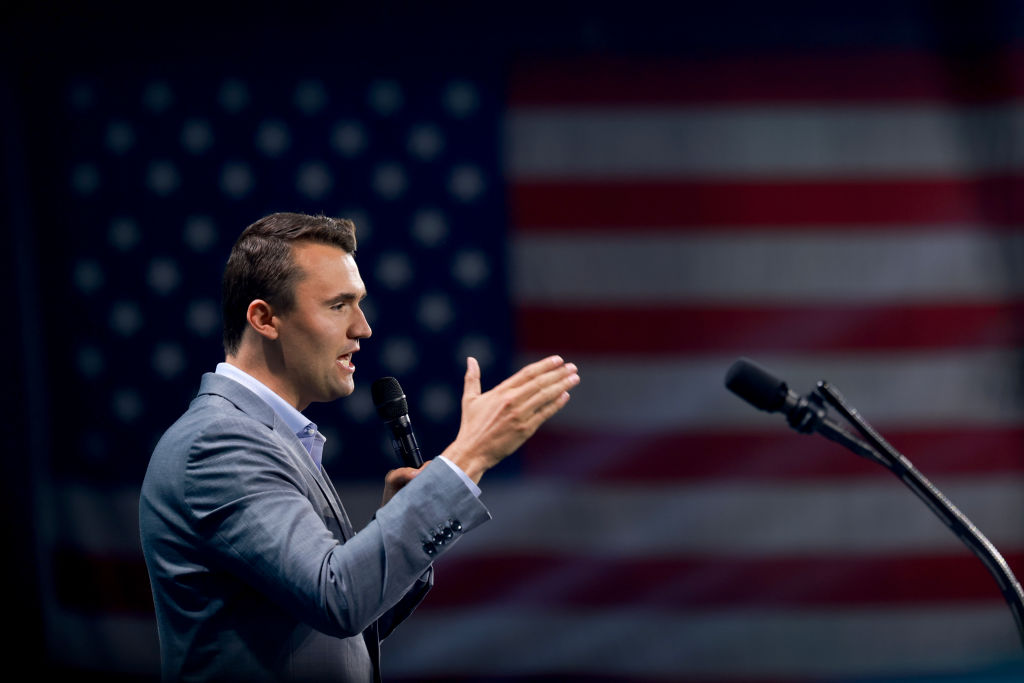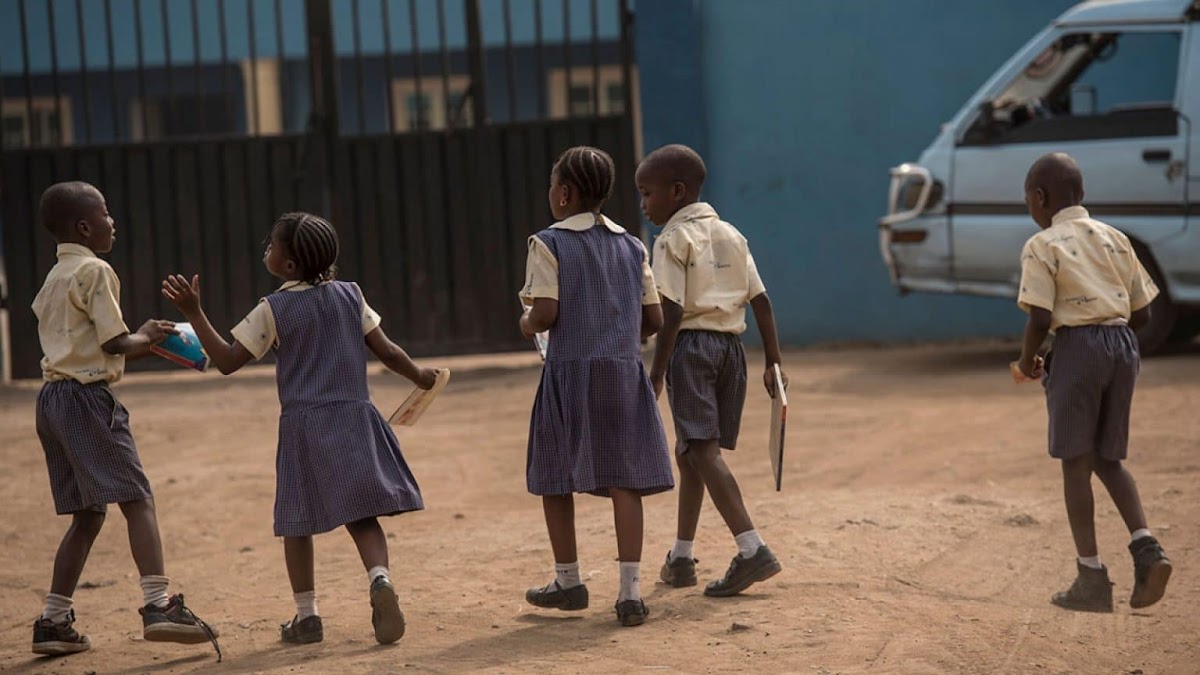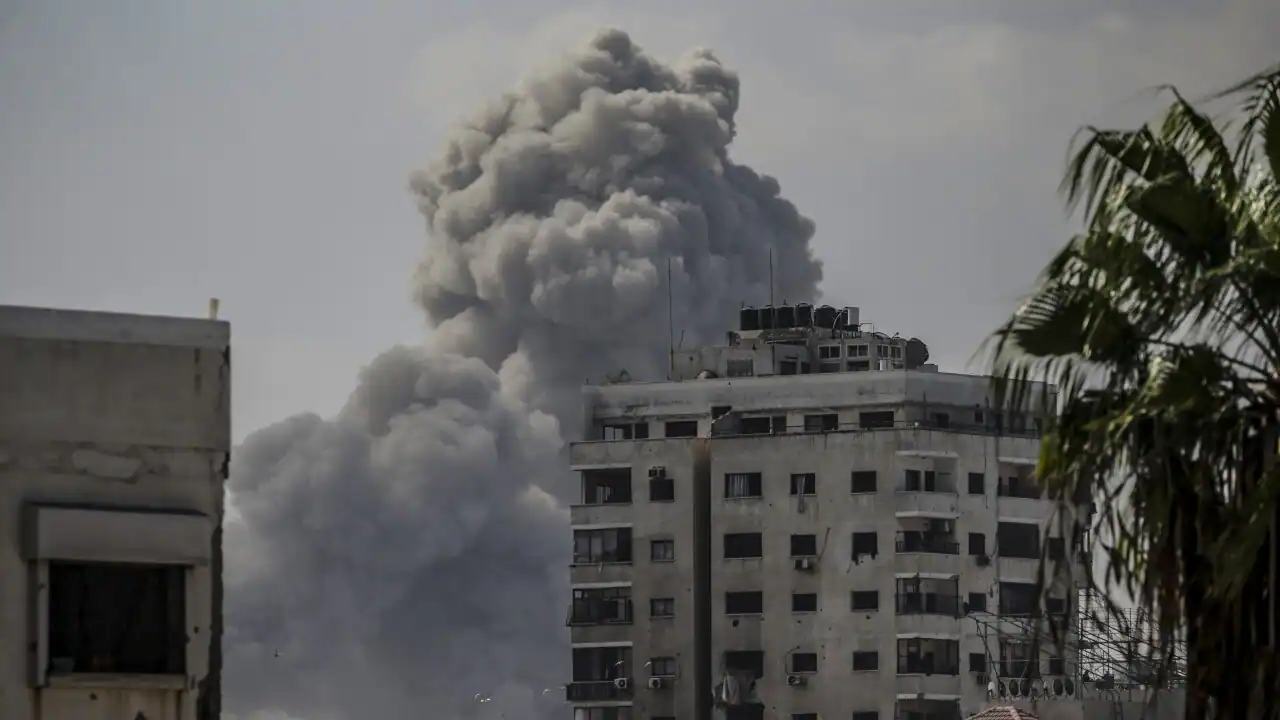Spain joins growing list of countries threatening to boycott Eurovision 2026 if Israel takes part
By Marcus Wratten
Copyright thepinknews

Spanish broadcaster RTVE has said it will boycott the Eurovision Song Contest 2026 if Israel is allowed to to take part.
The news was announced on Tuesday (16 September), following a vote called by the broadcaster’s president, José Pablo López. Ten members of the 15 RTVE board voted in favour of a boycott, one abstained.
RTVE became the fifth broadcaster threatening to pull out of the contest, which is set to be hosted in the Austrian capital, Vienna.
A spokesperson for Ireland’s broadcaster, RTE, said on Thursday (11 September) that because of “the ongoing and appalling loss of lives in Gaza”, it would be “unconscionable” to take part alongside Israel.
“It is RTE’s position that Ireland will not take part in the 2026 Eurovision Song Contest if the participation of Israel goes ahead,” the spokesperson added, “and the final decision regarding participation will be made once [organisers] the EBU [European Broadcasting Union] decision is made.”
The following day, Dutch broadcaster Avrotros followed suit, saying they could “no longer justify Israel’s participation, in the current situation, given the ongoing and severe human suffering in Gaza”.
An Avrotros spokesperson expressed “deep concern” about the “serious erosion of press freedom” and said there was “proven evidence of interference by the Israeli government during the most recent edition of the Eurovision Song Contest”.
Slovenia and Iceland have also suggested that they will pull out, but Spain is the first of the “big five” countries, those that make the greatest financial contribution to Eurovision, to announce a boycott. The other four are the UK, Italy, France and Germany.
Responding to the boycotts, according to The Hollywood Reporter, a spokesperson said: “The EBU has not made any proposals to [Israeli broadcaster] Kan regarding participation in next year’s Eurovision Song Contest”, adding: “The consultation with the wider EBU membership is ongoing and no decisions will be made until the process concludes.”
Countries have until December to decide whether to take part.
Eurovision director Martin Green said: “We understand the concerns and deeply held views around the ongoing conflict in the Middle East. It is up to each member to decide if they want to take part in the contest and we would respect any decision broadcasters make.”
And on Monday (15 September), BBC director general Tim Davie said that he was “aware of the concerns” regarding Israel but added that Eurovision had “never been about politics”.
In 2022, the EBU took the unprecedented step of barring Russia from the contest, following Vladimir Putin’s invasion of Ukraine.
Israel’s inclusion in Eurovision has been contentious for some time, and earlier this year more than 70 former Eurovision stars signed an open letter calling for the country to be banned.
The controversy reached fever pitch at this year’s final, when Israel’s Yuval Raphael won the public vote and finished second overall with her controversial song “New Day Will Rise.”
On Tuesday (16 September), a United Nations commission of inquiry decreed that Israel’s military action in Gaza constituted a genocide. A famine was recognised in the region last month.
Israel’s foreign ministry denounced the UN report as “distorted and false”. Earlier this month, the UK said it had “not concluded” that Israel was committing genocide.



